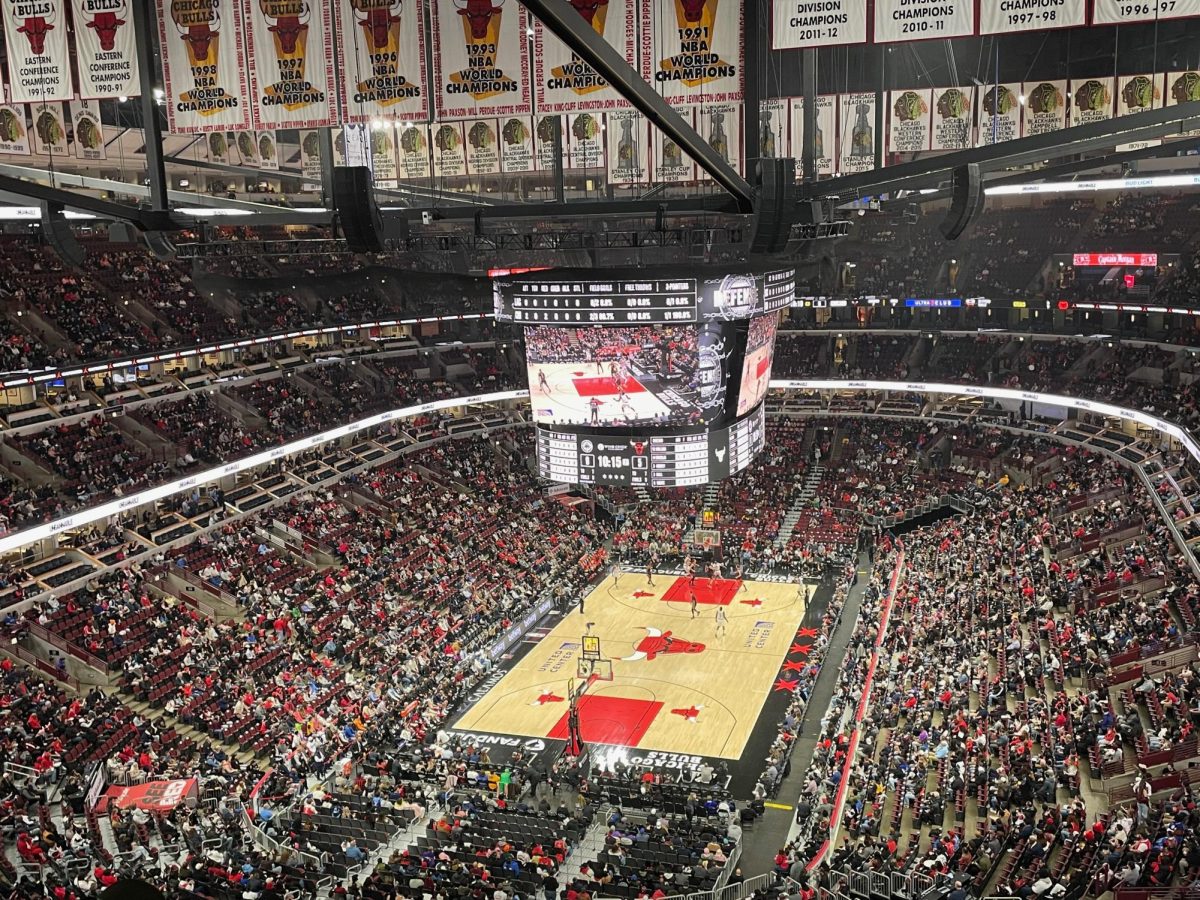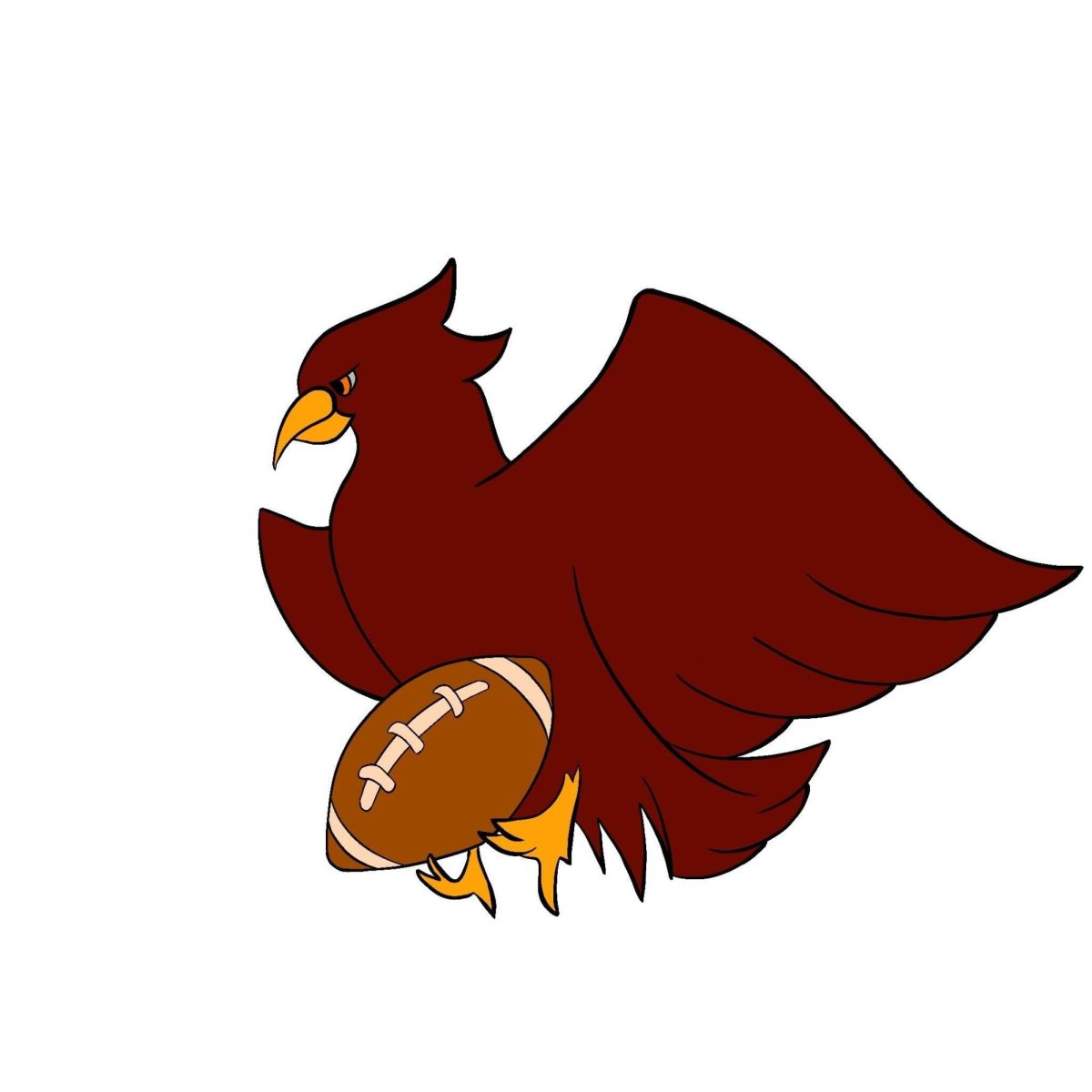Losing can leave a bad taste in your mouth. Losing a shot at your first conference championship in school history by a mere three-and-a half points leaves you feeling like you just ate a raw onion and washed it down with pickle brine.
For women’s track, the heartbreak experienced six weeks ago at the Reggie Lewis Center in Boston has served as a driving force as the squad looks to make its final push into school lore. One-and-a-half points down going into the final event, Chicago couldn’t pull it out in the end and lost out on the title to archrival Wash U 140–136.5. Loaded in nearly every event and with last month’s close call fresh in their minds, the Maroons will look to take the final step up in their UAA ascension.
“One of the things that our women are gonna have going for them that they didn’t have indoors is they’re gonna have a chip on their shoulders,” head coach Chris Hall said. “They’re very, very focused on winning. They’re not gonna settle for second.”
One Chicago athlete likely to have a major impact on the way the meet turns will be fourth-year Trina Ruhland. Competing in eight events over the two-day competition, a healthy Ruhland could provide a much-needed boost after she was limited in her scope by injuries this past winter. She’ll be competing in the 100- and 200-meter dashes, the 100-meter hurdles, the 4×100- and 4×400-meter relays, the high jump, the long jump, and the pole vault.
“She’s gonna do everything she can to walk away as a champion,” Hall said.
With added depth in the jumping events—including the return of last year’s triple jump champion, third-year Appie Hirve, from study abroad—and a newfound proficiency in the throwing events under the tutelage of assistant coach Anna Swisher, the Maroons have the talent to turn their confidence and bitter memories into a first-place showing.
While the women will be aiming for the top, the men have set their sights slightly lower in a competition likely to be dominated by the Bears. After a somewhat disappointing fourth-place showing in Massachusetts, any improvement will be a welcome one for the up-and-coming squad.
“We’d like to move up,” Hall said. “In my mind, it would be to be the third-place team. ”
How well they do will hinge on whether they can improve on events that have thus far been a bit weak this spring. After a number of years in which the squad was deep in distance events and weak in the sprints, has reversed that trend this season, and any climb in the league standings will be due in no small part to efforts by the distance corps. Without fourth-year Brian Hauge, Emil Bojanov, the Bulgarian national champion and an NCAA finalist a year ago in the 1,500-meter, is a candidate to break out this weekend after a so-so senior campaign.
“Emil has just kind of struggled to get back to 100 percent, relevant to his confidence and competitiveness,” Hall said. “I think he’s someone that could really make a huge difference.”
Adding to the increased firepower for the spring season and to the boost from key runners like Bojanov finally recovering from injuries, the timing of the UAA meet in the season makes it all the more likely that Chicago athletes will be busting out top times and scores in Atlanta.
With only six weeks separating the two UAA events, coaches are forced to choose which meet will serve as the focal point of training. Hall and his staff place the indoor meet as part of a gradual buildup to this weekend’s events, making all of the conditioning to this point in the year designed with this meet in mind. For the Maroons, hampered thus far in the young season by decidedly un-spring-like elements, the move to a warmer climate and the peaking of their training cycles can only help as they look to take the competition down a notch or two.








